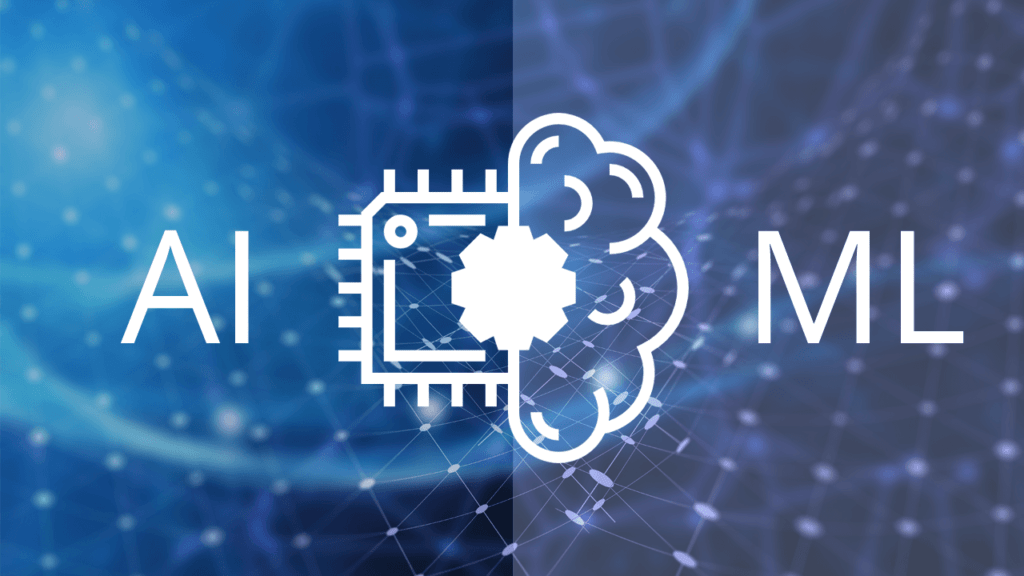In today’s rapidly evolving business environment, leveraging advanced technologies is essential for staying competitive. Debashish Acharya, a visionary leader with 19 years of experience in HR and IT, is at the forefront of this transformation. Through the implementation of Artificial Intelligence (AI) and Machine Learning (ML), Debashish has modernized service delivery, driving operational efficiency and enhancing the employee experience. His work at ServiceNow, where he serves as HR Manager, showcases his ability to blend innovation with practical applications.
The Impact of AI and ML on Service Delivery
The adoption of AI and ML technologies has revolutionized service delivery across industries, and Debashish has been instrumental in this evolution. His initiatives include integrating Generative AI, Machine Learning algorithms, Chatbots, and AI-driven search into HR and IT processes. These technologies help streamline workflows and support a global workforce, offering personalized and efficient solutions.
Debashish’s implementation of AI-driven search, for example, has significantly reduced the time spent on information retrieval. By improving both search accuracy and efficiency, he has made it easier for employees to access the resources they need, enhancing their overall experience. These technologies, particularly when applied at scale, have the potential to transform how organizations operate.
Implementing Generative AI for Strategic Growth
Debashish Acharya is a strong advocate for the use of Generative AI in service delivery. His approach to integrating this technology begins with a Proof of Value (PoV) phase. This crucial step ensures that the AI-driven solutions align with the broader organizational goals and deliver measurable outcomes. “Clear objectives and success criteria are essential to align use cases with the strategic direction,” Debashish notes.
After completing the PoV, Debashish emphasizes the importance of assessing the business value and establishing key performance indicators (KPIs) to guide implementation. These KPIs help define the scope, set realistic timelines, and allocate resources effectively. By running pilot projects, he ensures smooth integration into existing systems while minimizing disruptions.
The final phase involves scaling the solution based on insights gained from the pilot. Debashish refines the technology to ensure it meets immediate needs while remaining adaptable for future advancements. His methodical approach guarantees that Generative AI becomes a valuable asset for organizations looking to enhance their service delivery capabilities.
Enhancing Employee Experience with AI-Driven Solutions
The deployment of AI-driven search and chatbot capabilities has greatly improved employee satisfaction. “By supporting multiple languages and offering contextual results, AI-driven search reduces the time employees spend looking for information,” Debashish explains. This not only boosts productivity but also supports a more inclusive, global workforce.
Balancing technical complexities with user-friendly designs is a key aspect of Debashish’s strategy. He ensures that these AI solutions are intuitive and accessible, making them easy for employees to use. Continuous feedback from users helps refine these solutions, making sure they remain responsive to the needs of the workforce.
For more insights on how AI is shaping the future of business operations, visit CodeSin.
The Role of Chatbots in Service Delivery
Chatbots have revolutionized how organizations provide employee support. Debashish Acharya’s deployment of chatbot technology at ServiceNow is a prime example. These bots handle routine inquiries, offering precise and contextually aware responses by integrating with knowledge bases. This technology also ensures that more complex issues are escalated to live agents through Agent Chat, creating a seamless support system that balances automation with human expertise.
Debashish advocates for chatbots to provide dynamic, human-like interaction. “It’s about creating an engaging, intuitive experience for the user,” he notes. By automating routine tasks and supporting more complex interactions through Agent Chat, the organization can deliver faster and more accurate solutions, improving the overall employee experience.
To learn more about how chatbots are transforming service delivery, check out this article from HackerNoon.
AI Governance and Ethical Considerations
With AI and ML playing such a pivotal role in service delivery, ethical considerations are critical. Debashish emphasizes the importance of responsible AI deployment, ensuring that systems operate transparently and fairly. He advocates for continuous monitoring of AI models to minimize bias and maintain data integrity.
Data privacy is another key concern, particularly in HR processes that deal with sensitive information. Debashish works closely with legal and compliance teams to ensure AI models adhere to global regulations like GDPR, demonstrating his commitment to ethical AI use.
Collaborative Approach to AI Integration
A major part of Debashish’s success in deploying AI-driven solutions is his emphasis on cross-functional collaboration. “AI initiatives should be aligned with broader organizational goals,” he explains. This collaborative approach ensures that AI systems are integrated smoothly across various departments, from HR to IT and legal, maximizing their potential impact.
By fostering a culture of innovation, Debashish has positioned his teams to continuously adapt and improve AI technologies, driving efficiency and service excellence.
Conclusion
Debashish Acharya’s leadership in leveraging AI and Machine Learning for service delivery has not only enhanced operational efficiency but also improved employee experiences. His commitment to ethical AI deployment and cross-functional collaboration ensures that these advancements align with corporate goals. As AI continues to evolve, leaders like Debashish are paving the way for future innovations in HR and IT service delivery.






